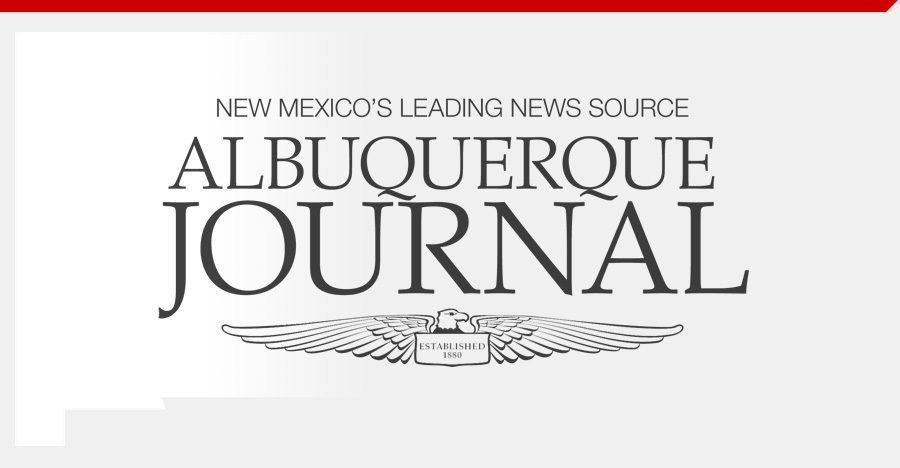DENVER — Colorado Gov. Jared Polis announced a weekly state lottery for five residents to win $1 million Tuesday to incentive COVID-19 vaccinations, amid other state bids to overcome public vaccine hesitancy.
“Rather than gamble on getting COVID, let’s take a chance on winning a million dollars,” Polis said.
Colorado is setting aside $5 million of federal coronavirus relief funds that would have gone toward vaccine advertising for five residents to win $1 million each. The drawings will take place every week starting June 4 until July 7.
Every resident who has been vaccinated by the end of May will be entered in the first drawing. In order to be eligible for the drawing, residents need to be 18 years old and have received at least one dose of the approved coronavirus vaccines.
Nearly 3 million Colorado residents, about half of the state’s population have received their first vaccine dose, which is slightly higher than the U.S. average of nearly 47% of people who have gotten their first injection, according to data analysis by the Associated Press.
There are just over 37% of fully vaccinated residents in Colorado, compared to the U.S. fully inoculated average of around 33% of the population.
The state will also announce scholarship awards for 12-to-17-year-olds who are vaccinated, Polis said.
ADVERTISEMENTSkip
Other states have unveiled similar lottery ideas, including Ohio, New York, Maryland and Oregon.
In Ohio, the first state to announce its creative lottery plan, Gov. Mike DeWine said Monday that nearly 2.8 million residents registered for Ohio’s Vax-a-Million vaccination incentive program.
The Republican governor said vaccinations have surged since the lottery program was launched, adding that vaccinations among 16- and 17-year-olds jumped 94%; the 20-49 age group was up 55%; and 18-19-year-olds were up 46%.
Nieberg is a corps member for the Associated Press/Report for America Statehouse News Initiative. Report for America is a nonprofit national service program that places journalists in local newsrooms to report on undercovered issues.
This content was originally published here.

